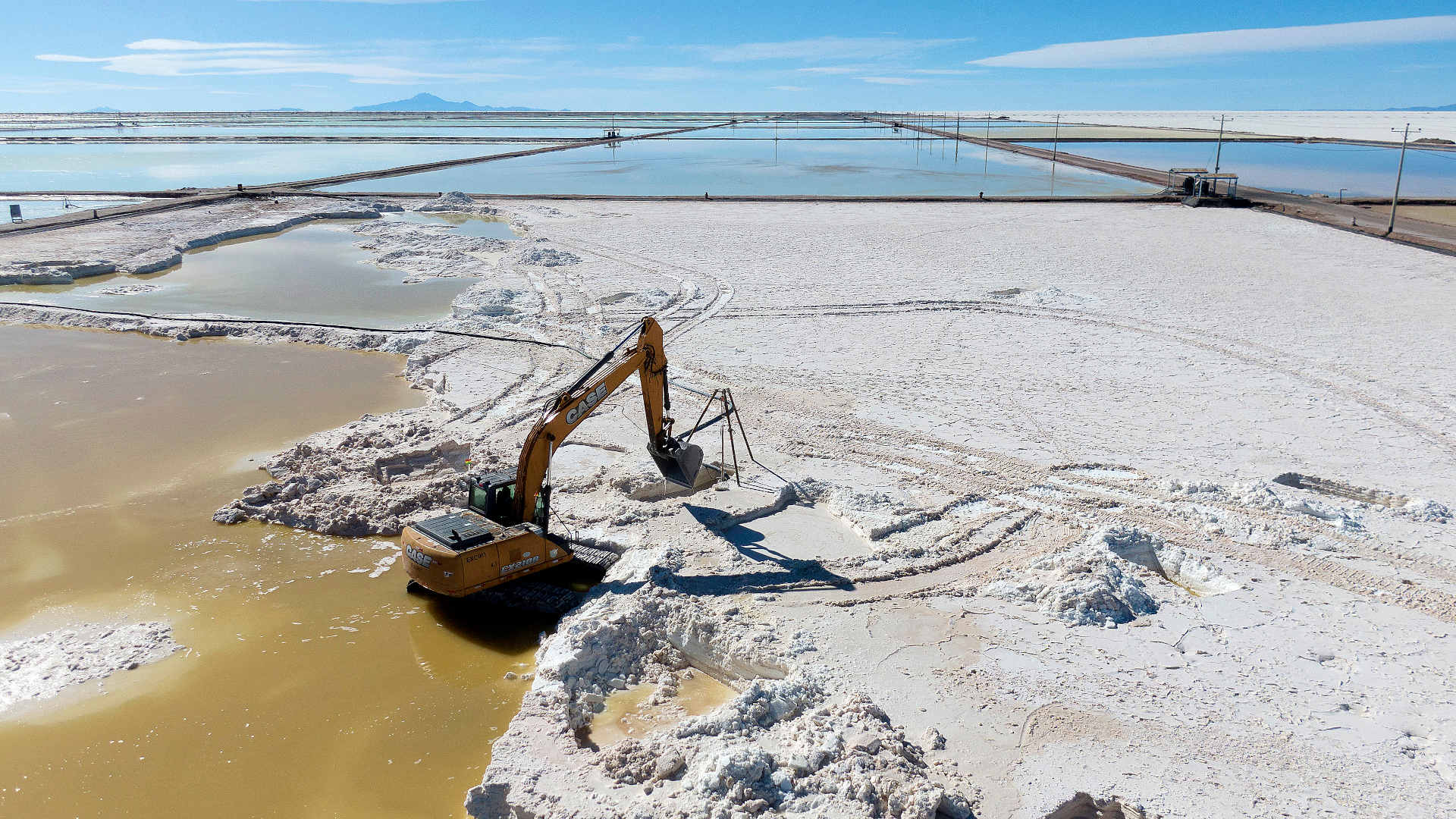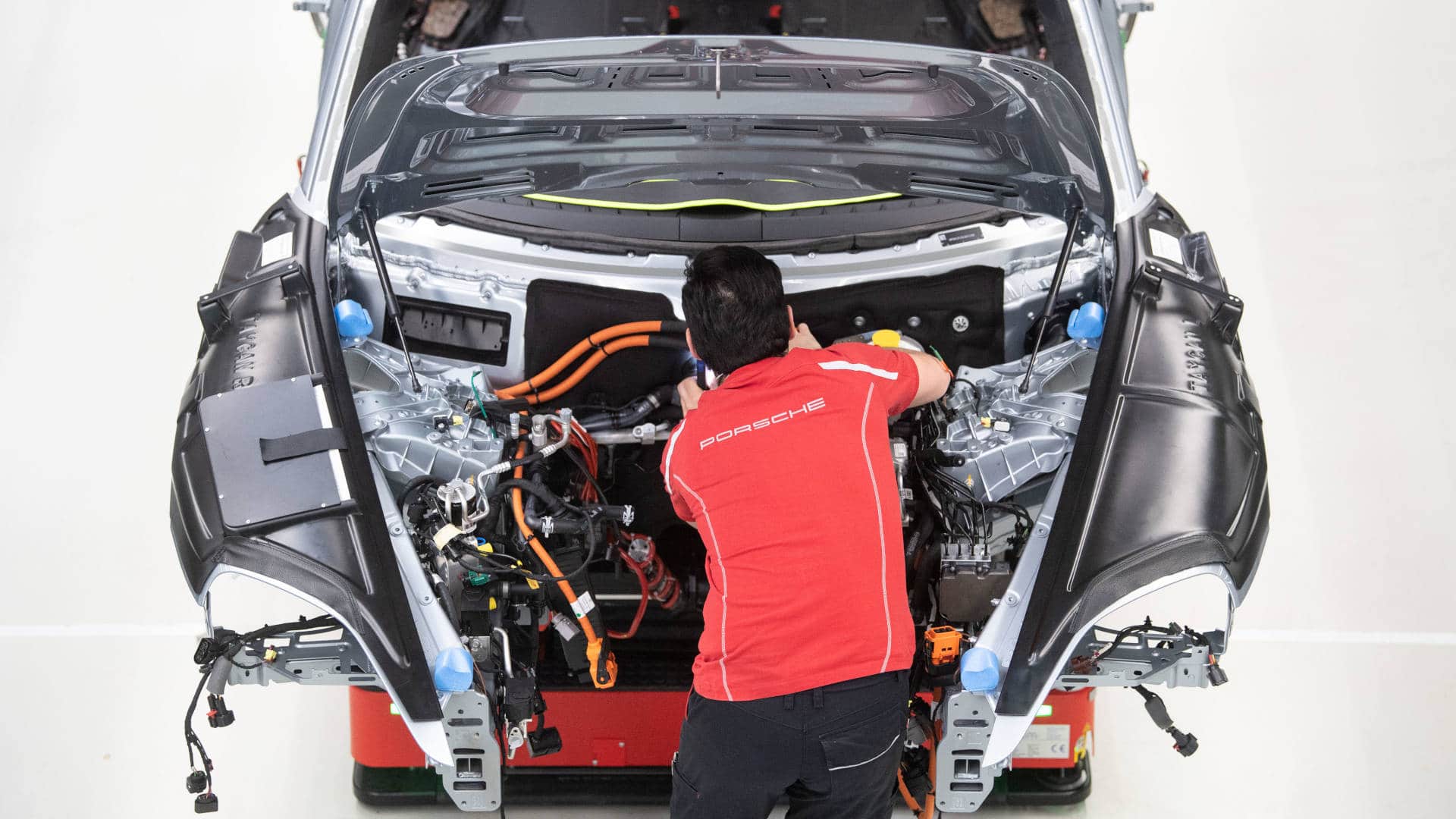Throughout history, human societies have relied on technological progress to solve their challenges. In technology’s early days, this worked well. It is hard to dispute, for example, the invention of the wheel helping to alleviate hunger through more efficient agriculture. But as both societal challenges and technology became more complex, the line between “problem” and “solution” has blurred.
The Cold War is perhaps the most salient contemporary example. Leaders on both sides of the Iron Curtain came to view nuclear weapons as a way to achieve peaceful coexistence in a world of incompatible ideologies. The doctrine of mutual assured destruction, made possible by the most powerful weapons ever made, was to guarantee peace. And while proponents would argue that it worked — the Cold War never erupted into World War III — nuclear weapons did not make nationalist sentiments, historical grievances, or expansionist tendencies go away, of which the war in Ukraine is a painful reminder. Technology can, at best, kick conflicts down the road. Peace cannot be engineered.
Environmental sustainability cannot be engineered, either. Like peace, it is a social and political challenge. Key tenets of Western civilization’s economic and political systems rest on the commodification of nature. A dead tree has economic value; a living tree typically doesn’t. Nature conservation is only considered a good idea insofar as it benefits economic growth. The notion of nature having an intrinsic value might exist in philosophy classrooms but not in mainstream legal, political, and economic systems. Achieving sustainability requires confronting these uncomfortable truths about Western civilization.
What if, just as a mutually destructive world couldn’t secure real peace, a net-zero world can’t guarantee real sustainability?
During the Cold War, building more (and more powerful) weapons than the enemy became synonymous with peace-building. Today, decarbonization, the effort to reduce the emissions of carbon dioxide across the economy, has become virtually synonymous with environmental sustainability, as reflected in the Biden administration’s environmental legislation, the European Union’s net-zero plan, or Australia’s Long-Term Emissions Reduction Plan. According to the United Nations, the goal is a net-zero world where all emissions released are counterbalanced by emissions that are eliminated. Based on these policies, this destination is clear and all that matters is how quickly we can get there. But what if the destination is wrong? What if, just as a mutually destructive world couldn’t secure real peace, a net-zero world can’t guarantee real sustainability?
Scholars are increasingly pointing to ways that an overwhelming focus on emissions reduction — what has become known as carbon tunnel vision — can get in the way of holistically addressing the many sources of environmental decay. Zeroing in on one specific issue has the effect of leaving other challenges, such as biodiversity loss, particulate air pollution, or groundwater depletion, in the shadows. Although these issues are exacerbated by climate change, they are caused by a much wider range of underlying mechanisms, from changes in land use to global international trade to the removal of vast amounts of natural resources (known as extractivism). Flattening the environmental polycrisis into a supposedly singular crisis of greenhouse emissions obscures the many ways in which Western civilization degrades the environment — ways that often don’t lend themselves so readily to engineering solutions or economic profit to be made from the transition to “green” technologies and which demand a more fundamental reckoning with our civilization’s lopsided relationship with nature.
The current conversation around net zero centers around engineering questions like how to quickly replace fossil fuels with less polluting alternatives or how to build cost-effective carbon capture solutions. As important as addressing such questions might be in achieving progress in specific areas of climate adaptation and mitigation, they do not target the underlying political dimensions of environmental decay. When such technical questions come to dominate the public conversation about the environment, this can obscure, among other things, environmental justice concerns related to decarbonization. In his searing expose of the latter, “Cobalt Red: How the Blood of the Congo Powers Our Lives,” Siddharth Kara pointed to the landscapes denuded and lives ruined by the world’s hunger for cobalt, one of the metals needed for batteries in electric vehicles and in other decarbonization efforts. Evidence of such devastation elsewhere in the world is piling up.
In her essay “Let Them Drown,” Naomi Klein points out that the extraction of fossil fuels on which the current economy is built depends on “sacrificial people and places” whose ruination is justified by the march of progress. Decarbonization has not transformed this underlying logic. It too depends on ruthless extraction, objectification of nature, and decimation of communities unlucky enough to be sitting on minerals currently in demand. Can such an ideology truly deliver an environmentally sustainable world?
Decarbonization and “clean tech” cannot rebalance Western civilization’s relationship with the natural world.
History offers some clues. In February 1946, U.S. Navy Commodore Ben H. Wyatt met with the inhabitants of Bikini Atoll in the Marshall Islands in the Central Pacific. He asked them whether they would be willing to resettle temporarily so that the U.S. could proceed with its nuclear bomb tests “for the good of mankind and to end all world wars,” as Jack Niedenthal wrote in his account of the meeting. The Bikinians conceded and left their ancestral lands, never to return permanently.
Their sacrifice did not end all wars. Just as nuclear weapons could not tackle the psycho-socio-political reasons countries go to war with each other, decarbonization and “clean tech” cannot rebalance Western civilization’s relationship with the natural world, even as both come at a heavy price for marginalized communities. While technological change and decarbonization are likely to form part of the solution, it matters whether they are being pursued as ends in themselves or as elements of a more holistic approach to environmental sustainability — such as degrowth, which seeks to rebalance the economy away from environmentally destructive production and excess consumption, or doughnut economics, which is a model for development that meets people’s essential needs without exceeding the Earth’s ecological limits. If we are truly serious about sustainability, we need to place these approaches at the center of our collective imaginations of liveable futures and the policies we create to reach them.
Peter Sutoris is an environmental anthropologist and assistant professor in climate and development at the University of Leeds’ Sustainability Research Institute. He is the author of the books “Visions of Development” and “Educating for the Anthropocene,” and coauthor of the forthcoming “Development Reimagined” (Hurst, 2025).











